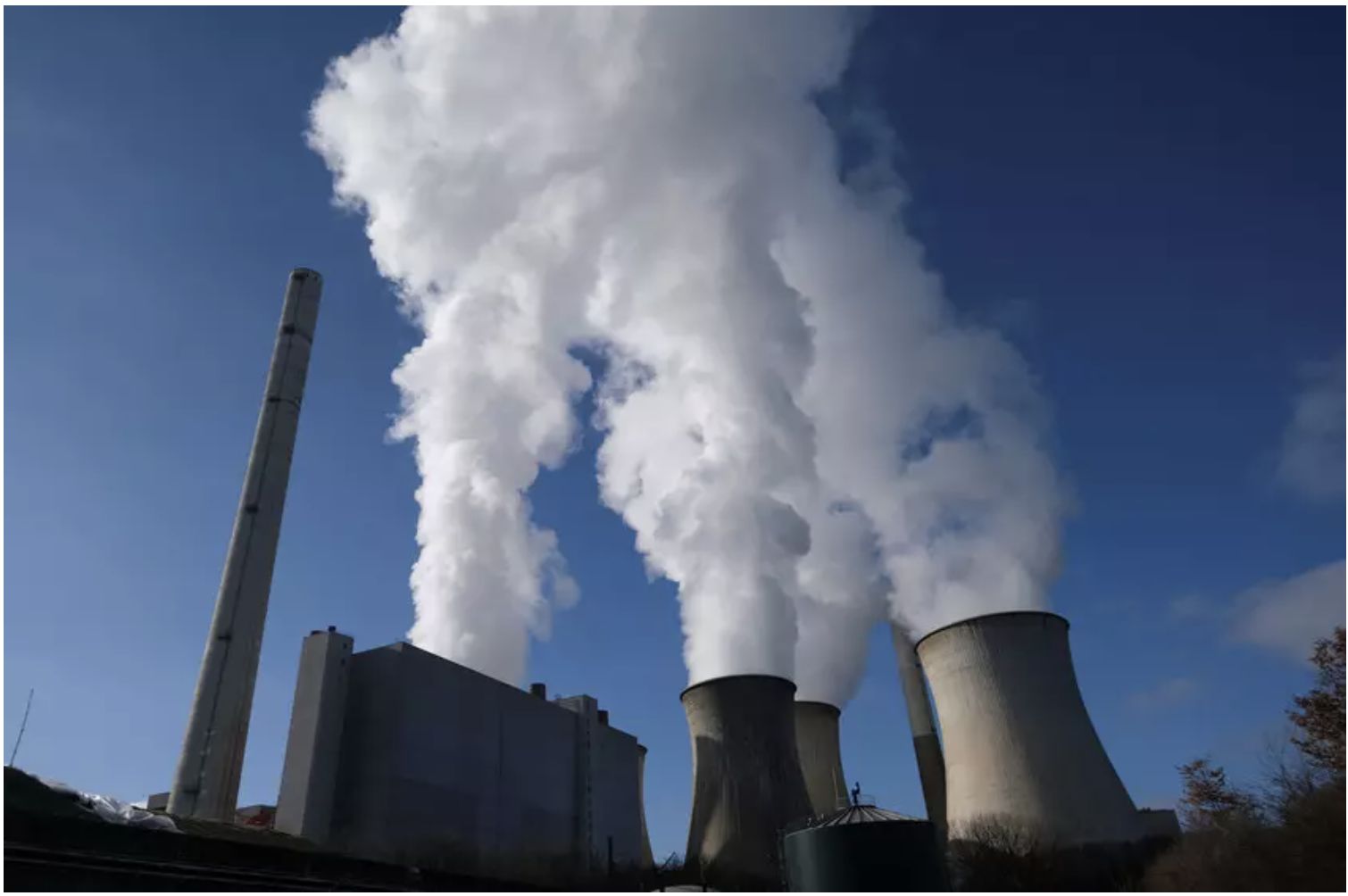Kate Abnett Reporter, Reuters
The European Union’s plan to impose carbon border fees on polluting imported goods would initially apply to steel, cement and electricity, but could expand to more sectors later, a senior official has said.
With the aim of cutting EU greenhouse gas emissions to net-zero by 2050, the union is planning to apply fees to goods imported for the steel, cement and electricity industries
As part of its aim to cut EU greenhouse gas emissions to net zero by 2050, the European Commission is drafting plans to levy the fees on goods coming into the 27-country bloc.
The policy, which the Commission will propose next summer, aims to protect EU industry from being undercut by cheaper imports from countries with less stringent climate policies. But it is not yet clear how authorities will measure the level of pollution, or carbon intensity, of goods or how variable the fees will be.

The Commission, the executive body of the European Union, plans to roll out the policy by 2023 in a few sectors with relatively low international trade flows, to help simplify what is expected to be a legally and technically complex mechanism.
“The core sectors are indeed steel, cement and electricity,” Diederik Samsom, head of the Commission’s climate cabinet, told an online event organised by Politico.
This could be extended later to aluminium, fertilisers and chemicals, he said.
Samsom said the world’s least developed countries and those with equivalent carbon-pricing policies to Europe could be exempted from the levy.
China, the world’s largest greenhouse gas emitter, is preparing to launch a national carbon market. U.S. Democratic presidential candidate Joe Biden has also said he would impose carbon fees on imports.
Legal experts have warned of the challenges of designing the policy within World Trade Organization rules. One option would be to seek an exemption from these principles, on grounds that the policy is an environmental tool, and not one to give EU industry a competitive edge.
Jennifer A Hillman, senior fellow at the Council on Foreign Relations, said the European Union could strengthen this argument by ensuring cash raised by the policy goes to climate action.
“The more evidence you have on the side of the table that says this was done for environmental reasons … the better off you’re gonna be,” Hillman said.
“The more evidence you have on the side of the table that says this was done for environmental reasons … the better off you’re gonna be,”

